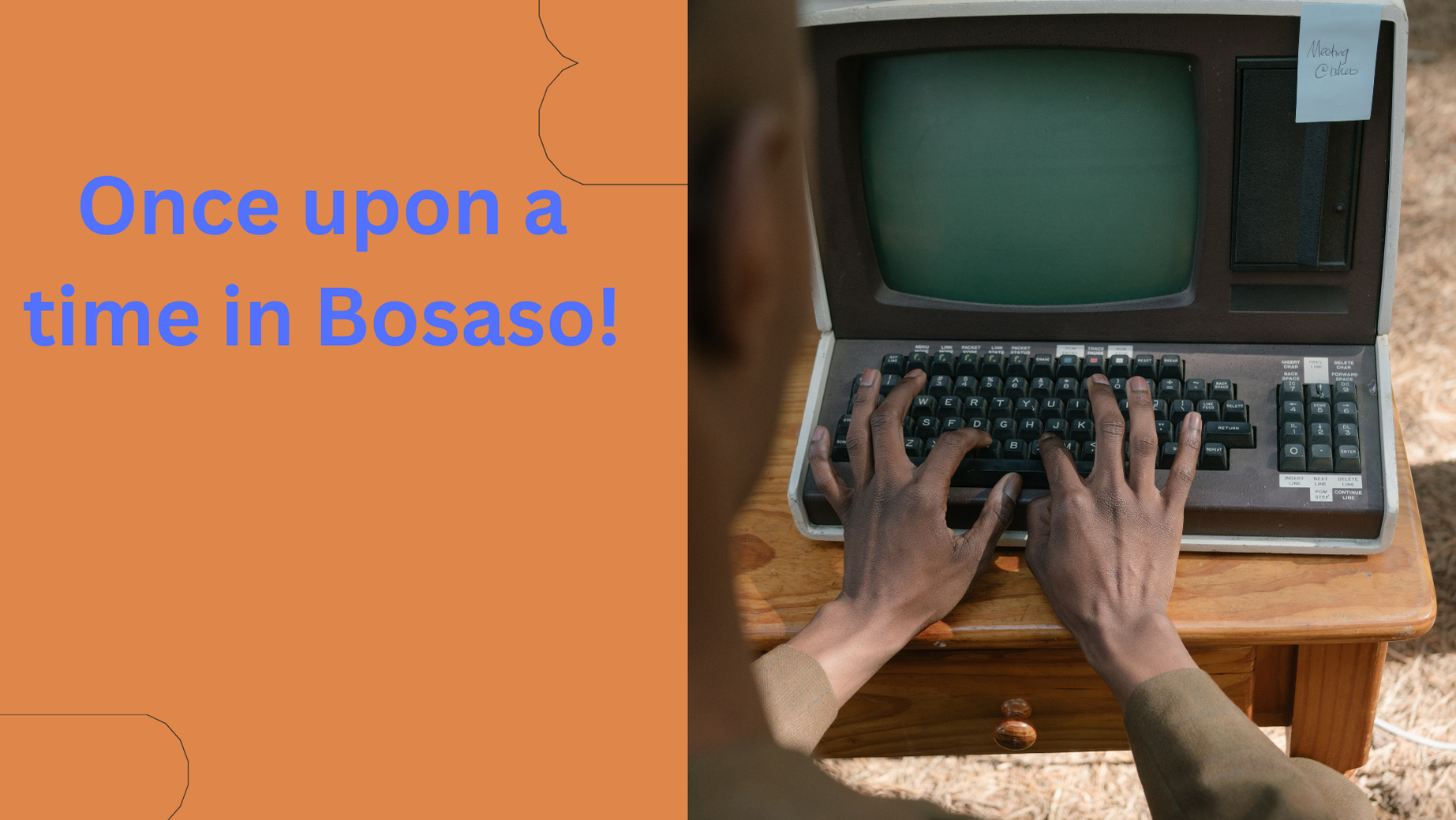Sometime in 1995, I went to the office of the United Nations Conference on Trade and Commerce (UNCTAD) in Bosaso city in Puntland State, Somalia, to fix a computer for one of their foreign officers. There were two men in the office, one African, to be specific, a Zambian, and the other a white Scottish man.
I was at the time 22 years old and I was working for the United Nations Development Program (UNDP) field office in Bosaso as IT specialist responsible for training professional staff members and looking after computers in the office, etc. So, that day, one of the admin officers asked me to go to the office of UNCTAD, which was around 1.5 km away from our office location in the town.
When I arrived there and fixed the computer for them, the Scottish man asked me if I was aware of what is called the Internet, and I was like, What is that? He then told me that the Internet is something new that is spreading fast, and there is a big buzz around it in terms of its potential to change many things in the world and so on.
So, basically, he saw that I have IT skills, which he did not expect at that time a Somali young man to have because of the civil war and the disintegration of the entire governance system of the country. He advised me to be aware of that Internet thing and to take advantage of it.
I learned my IT skills in Bosaso between 1993-1994 at the Computer Training Institute (CTI), located in Bosaso. I also became an IT tutor for the institute at the end of 1994.
The IT skills I had were how to use DOS (Disk Operating System), Wordperfect, Lotus 123, Microsoft Office applications like Word, Excel, and Access, basic troubleshooting of computers, etc. I also had very good typing speed and good command of the English language compared to my contemporaries at the time.
From that day on, in 1995, I was fascinated with the power of the Internet and what it could do. There was no Internet connection in Somalia in the 1990s. Then, as many Somali young men did, I immigrated to Europe and arrived in the UK in early 2000.
I had my first email during that period, went to study for one year of college, in particular, a business course, and then, in September 2001, started an Information Systems degree at Brunel University in West London. I graduated in 2004 with a B.Sc. honors degree.
Early on during my studies and after my graduation, I started observing the technology, and throughout the years since, I have seen the development of so many things built on this Internet ecosystem, and it went from strength to strength from the day I heard about it in 1995.
My focus has been on helping my community understand the benefits of the Internet and the way the digital landscape is shaping the future of people, geopolitics, economic development, security, and social impact. Informing them also that adopting the technology will improve business productivity, service delivery, knowledge acquisition, and reaching customers everywhere with ease.
My particular cruisade in this field has taken me to meet many people from my home country, including politicians, business leaders, youth groups, non-governmental organizations, and international organizations working in Somalia.
One thing that I have found repeatedly is how far these people are not to contemplate the potential of internet technology in terms of uplifting the economic opportunity of the people in general and that of the country. In many instances over the years, you think that they are pretending not to care. However, when you explain to them that this technology has been unknown to many people for the first time, but, still saw the potential and that they just need to have the will to change. But not to avail, it proves the challenges that need to be overcome if this Internet thing is to be benefited by everyone.
To conclude, the current level of technological advances is beyond what anyone expected in the early 1990s. The age of AI (Artificial Intelligence), and the possibilities thereof, plus the billions that are not yet beneficiaries of this technology, is disheartening, to say the least. Many efforts are needed to close the gap in this widening inequality of the digital age.
Let us work together to improve the situation of millions of young people in developing countries like Somalia and provide funding for digital literacy programs to train the young people in coding, programming, design, networking etc.
Siyad A. Yusuf
